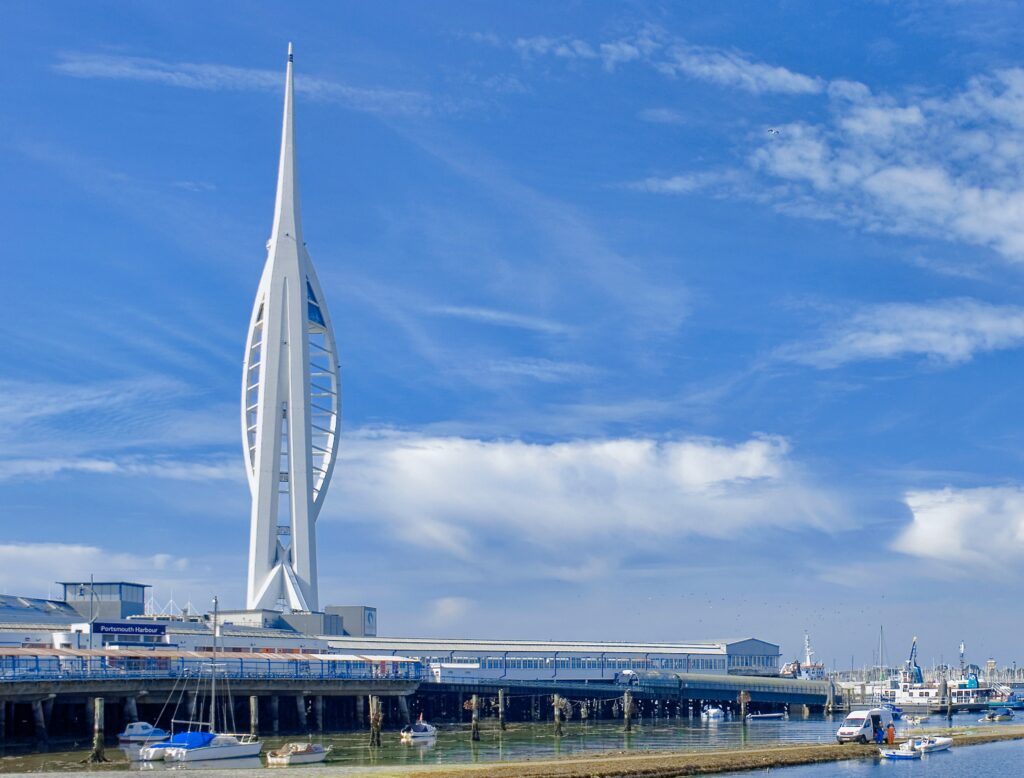Portsmouth City Council has been awarded £6.6 million in government funding to implement a new Clean Air Zone, where drivers of some of the most polluting vehicle types will be charged.
In March 2020, Portsmouth City Council was issued a ministerial directive to introduce a Class B charging CAZ within the south west of the city in order to bring forward compliance with legal limits for air pollution in 2022.
The Class B zone means that the most polluting vehicles that enter the boundary of the CAZ will be charged, including buses, coaches, taxis, private hire vehicles, and heavy goods that if diesel, do not meet Euro 6 emission standards, or, if petrol, Euro 4 emission standards.
Non-compliant taxis and private hire vehicles will be charged £10 and HGVs, buses and coaches will be charged £50 a day.
Newer, cleaner vehicles and personal cars will not be charged. The overall aim is to improve air quality in the city by reducing the number of journeys vehicles make, and encourage drivers to travel more actively by walking, cycling, or even scooting, as well as switching off engines when stationary.
The council will spend £3.4 million to fund the CAZ including registration recognition cameras and signage, as well as £3.2 million to create a Clean Air Fund to help drivers upgrade or retrofit their vehicles, making them cleaner and greener.
Portsmouth City Council will implement 39 Automatic Number Plat Recognition (ANPR) cameras to monitor vehicles in the zone.
The scheme will help end Portsmouth’s ongoing problems with air pollution and nitrogen dioxide levels above legal or safe limits.
Pam Turton, Portsmouth City Council’s Assistant Director for Transport, said ‘Air pollution is the greatest environmental threat to public health, so it is important we all take action. Like many cities across the UK, the council is required by the government to address air pollution in the shortest possible time by introducing the CAZ.
‘Our Clean Air Zone will go live in November 2021. Alongside this we are delivering £100M of improvements for bus, walking and cycling journeys, as well as trialling rental e-scooters, safe and secure cycle storage in residential areas and encouraging cleaner areas around schools, all to help make the air we breathe cleaner.’




